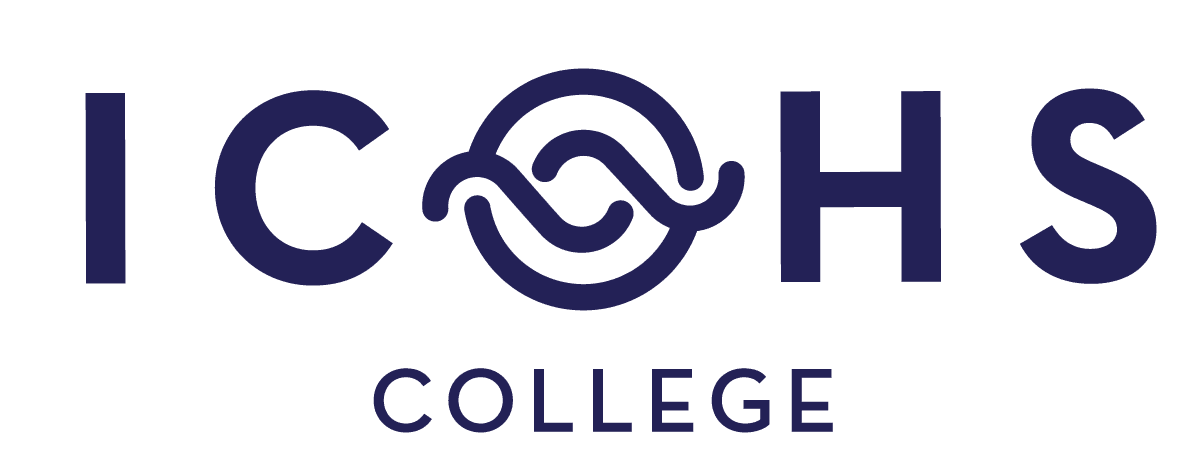CBD, known scientifically as cannabidiol, is a cannabinoid found in both the marijuana and hemp plants. The non-intoxicating substance has been utilized by individuals globally who claim it helps relieve a long list of medical conditions, diseases, and other debilitating conditions. Some evidence shows that CBD can potentially also complement massage therapy and holistic healing. Typically purchased in either oil tincture form or as a topical, here we take a look at available studies to see how cannabidiol can be of benefit in these areas of healing.
1. Relieve body pain and muscle tension.
It is common that those seeking the services of a massage therapist are searching for relief from body pain and muscle tension. Studies have shown that CBD, in both oral and topical form, expresses great promise in the reduction of pain.
● A 2017 study released in the journal Frontiers in Pharmacology expressed, “the study gives further support to the notion that the sensorial and affective dimensions of pain may be differentially modulated by CBD.”
2. Reduce body inflammation.
Probably one of CBD’s most discussed uses is for inflammation reduction. This is often times an extreme necessity, especially in massage therapy where some clients are trying to heal injuries and reduce inflammation. For inflammation reduction, both topical cannabidiol creams and oral CBD oils could potentially be of benefit. Although plenty of research does exist regarding CBD’s connection with inflammation, these stood out:
● A study published in 2011 by Booz found, “…non-psychotropic cannabinoid cannabidiol, which may interact with the endocannabinoid system but has actions that are distinct, offers promise as a prototype for anti-inflammatory drug development.”
● Research released in 2012 by Xiong et al. states, “we report that systemic and intrathecal administration of cannabidiol (CBD)… suppress chronic inflammatory and neuropathic pain without causing apparent analgesic tolerance in rodents.”
3. Decrease stress, anxiety, and depression.
With holistic healing, the entire body is taken into account, with the emotional and spiritual aspects also being considered. It’s well known that mind-oriented conditions such as anxiety, depression, and stress manifest in physical ways, often times coupled with very observable symptoms. In order for an individual to be truly at peace physically, their mental state must also be taken into account. For this reason, orally ingested CBD may be of assistance for those looking to decrease stress, anxiety, and depression. The studies that have been conducted do look quite promising.
● A study released in 2014 by de Mello Schier et al. observed cannabidiol’s interaction with animal models that performed a variety of experiments that were meant to induce anxiety. The results found that “CBD exhibited an anti-anxiety and antidepressant effects in animal models discussed”.
● A report published in the 2017 British Journal of Pharmacology states, “Studies show that cannabidiol, the main non-psychotomimetic phytocannabinoid found in Cannabis sativa, reduces anxiety…”.
● A 2016 study released in the journal Neuropharmacology found “that CBD could represent a novel fast antidepressant drug…”.
4. Regulate sleep patterns and habits.
Adequate sleep is an essential part of living a healthy life because the body and mind undergo many necessary healing processes while asleep. Those who suffer from insomnia, sleeplessness, or sleep disorders often times display physical symptoms including stress, depression, headaches, chronic fatigue, and more. Because CBD impacts the endocannabinoid system (ECS) which is responsible for maintaining homeostasis in the body and regulating functions such as sleep, studies have shown that cannabidiol plays its role in maintaining balanced sleep patterns and better slumber.
● 2006 research by Murillo-Rodriguez et al. found that “…since CBD induces alertness, it might be of therapeutic value in sleep disorders such as excessive somnolence.”
Important Questions Answered About CBD Oil
Sometimes it can be challenging to navigate the internet and find answers to pressing CBD-related questions. Here we delve into some important questions regarding CBD oil to bring about clarity and education.
Is CBD Oil Safe?
Due to unclear laws and regulations in many states regarding CBD oil, the product still has not been reviewed or approved by the FDA, as is the case with many supplements on the market. With that being said, CBD oil is met with few adverse effects, but all CBD products aren’t made the same. Just because a company sells CBD oil, does not mean their options contain the best, purest possible quantities of CBD.
It is important to always purchase CBD oil from a reputable vendor, and most of all if you are considering taking CBD oil orally, speak with a doctor that is familiar with cannabidiol and its potential benefits. In fact, Mayo Clinic recommends, “If you plan to use products containing CBD, talk to your doctor.”
Is CBD Oil Legal?
Hemp-derived CBD products are legal in all 50 states according to the 2018 Farm Bill which was recently passed in the United States. While hemp-derived CBD is allowed everywhere, cannabis-derived CBD oil is not legal on a Federal level, but because California recognizes marijuana as a recreationally legal substance, it is possible to find both hemp-derived and cannabis-derived CBD products for sale in CA. For cannabis-derived CBD, you’ll likely have to visit a recreational dispensary and be 21 years or older, but hemp-derived CBD can be utilized and obtained by any age.
Is CBD Oil Addictive?
CBD oil contains mere trace amounts of THC (typically parts per billion), meaning it is a non-intoxicating substance and won’t get you “high”, a sensation so often linked with marijuana consumption. This lack of THC means that CBD is not addictive, and the World Health Organization agrees, claiming in a 2017 report that cannabidiol has no “abuse or dependence potential”. With that being said, it is vital to always source your CBD from reputable vendors. This ensures that the cannabidiol products you buy truly only possess trace amounts of the psychoactive compound THC.
Is CBD Oil the Same as Hemp Oil?
Not quite. While some CBD oils are hemp-derived and are processed from the hemp plant, hemp oil is not made the same way as hemp-derived CBD oil. Hemp oil is normally only extracted from hemp seeds, while hemp-derived CBD oil is made from the entire hemp plant. This difference in extraction increases one major factor; cannabidiol content.
By undergoing a more full-spectrum process, CBD oil made from the hemp plant contains much higher quantities of cannabidiol than plain hemp oil ever could. On the other hand, marijuana-derived CBD oil is far from hemp oil in similarity because it is extracted from a different plant altogether.
Located in the San Diego, California area and interested in studying massage or holistic healing? ICOHS College is an accredited, non-profit vocational school offering two comprehensive programs for individuals looking to become professional massage therapists and holistic health practitioners. Get in contact today to request more information.










